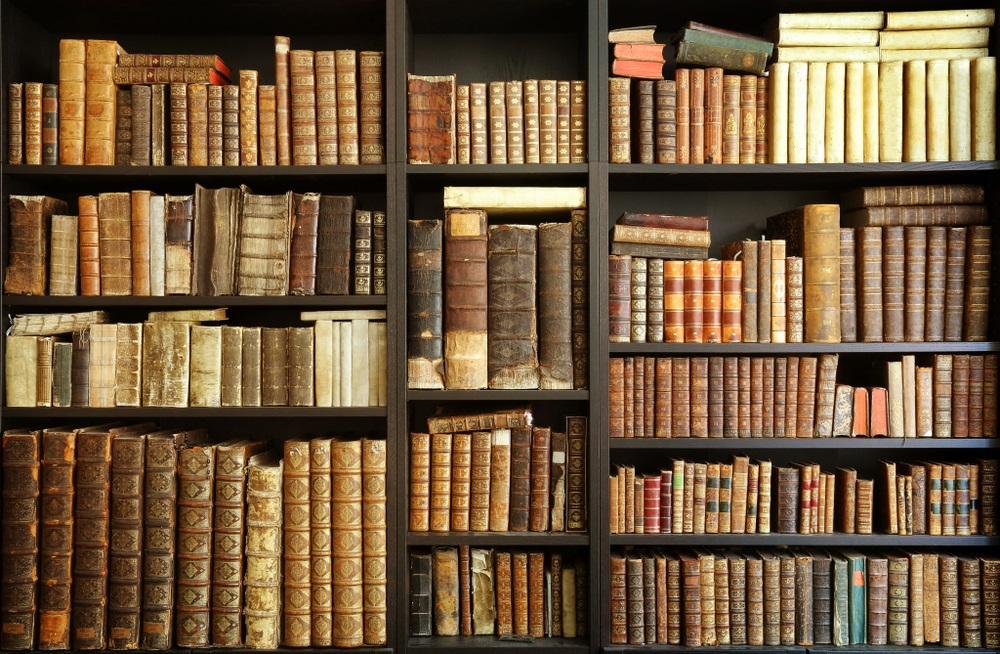In my kitchen is a coffee mug given to me by some students and inscribed with words once written by Thomas Jefferson to John Adams: “I cannot live without books.”
Like Jefferson, many of our presidents were lovers of literature and reading. The largely self-educated Abraham Lincoln, for example, knew Scripture well—his speeches convey the rhythms of the King James Bible—and he was an ardent admirer of Shakespeare and his plays, particularly “Macbeth.” At West Point, Ulysses S. Grant neglected his studies while reading novels in the academy’s library, a practice that helps explain his academic mediocrity. Franklin Roosevelt owned a personal library of 22,000 volumes, read a good deal of political and military history, and was especially keen on the poetry of Rudyard Kipling.






